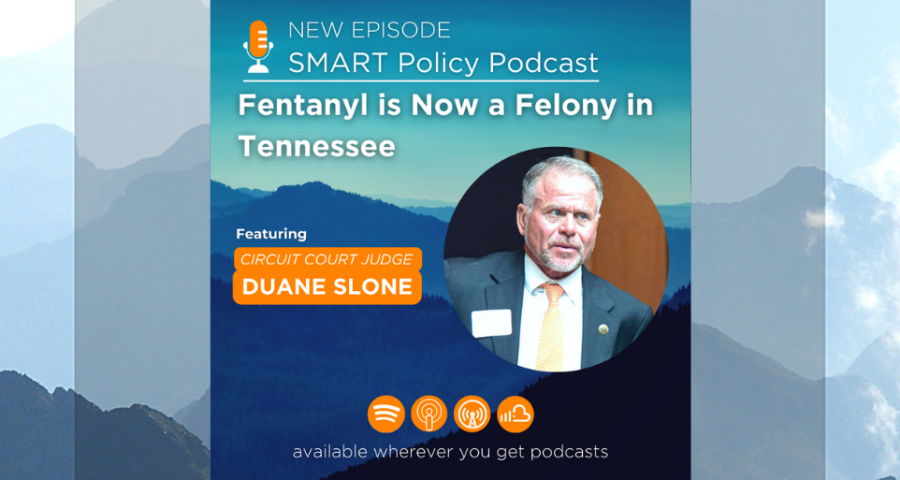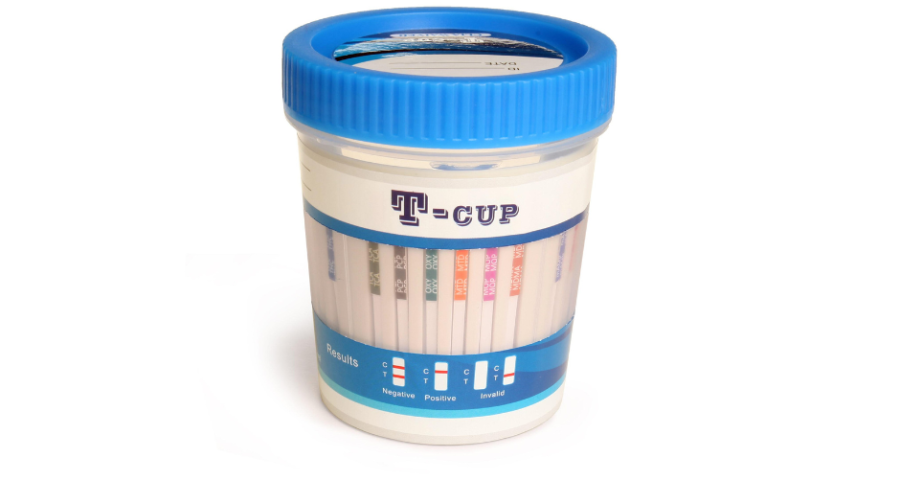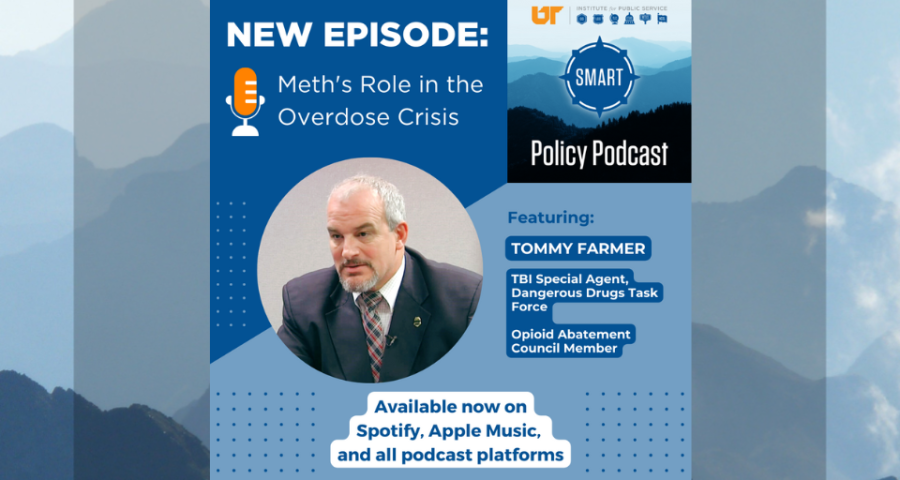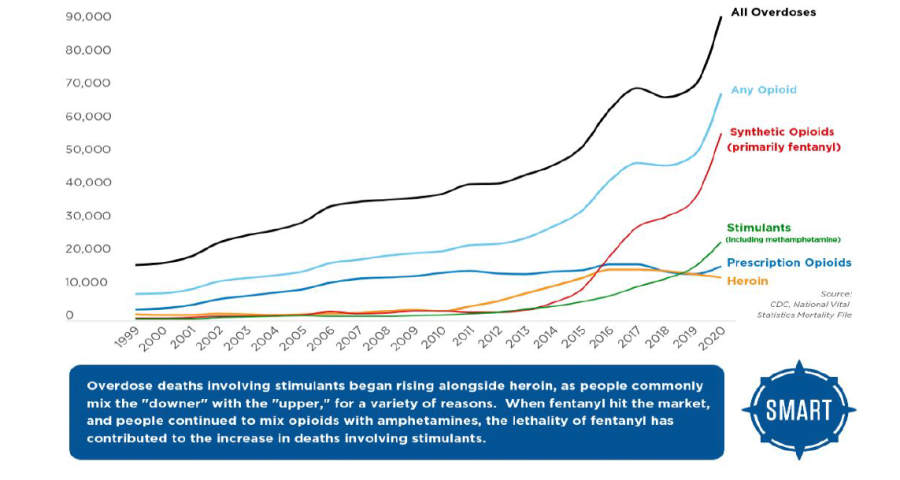TEMPO, or Training and Empowering Musicians to Prevent Overdoses, is a multi-coalition and nonprofit program to distribute naloxone and train musicians and concert venue workers to identify and prevent opioid overdoses. TEMPO has recently made waves in Nashville with a pilot program in partnership with Hikma, who makes Kloxxado, as
(Podcast) Training and Empowering Musicians to Prevent Overdose








